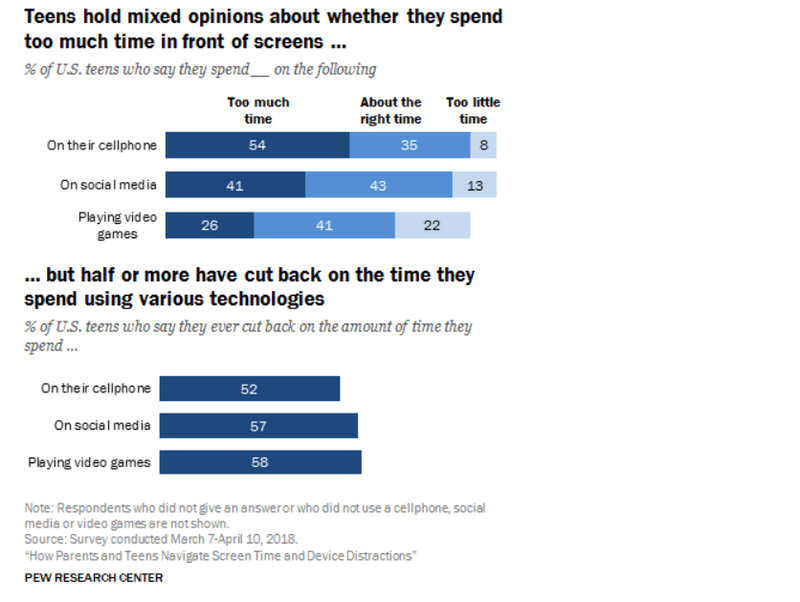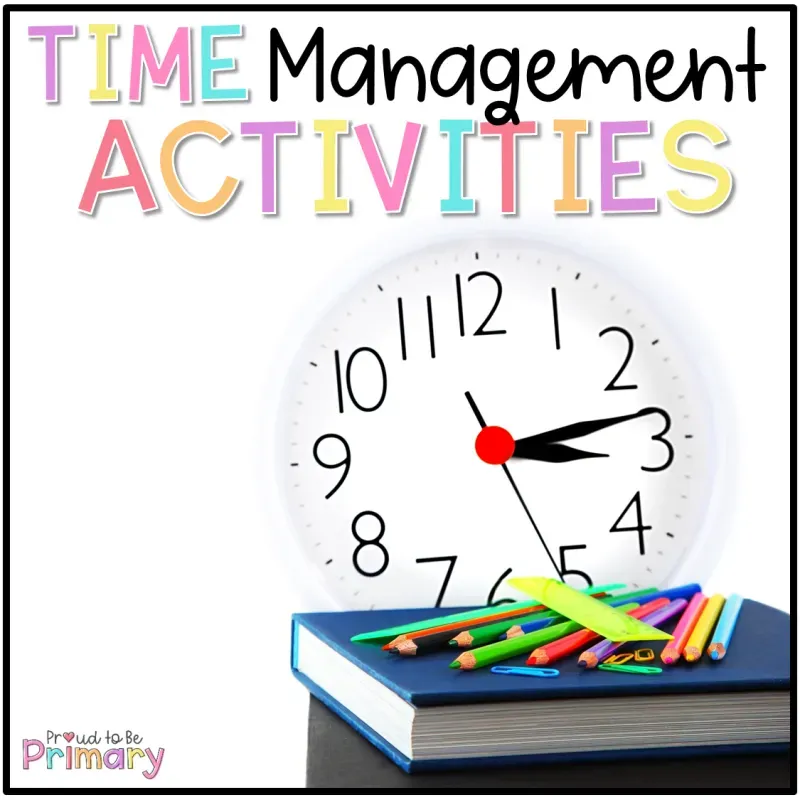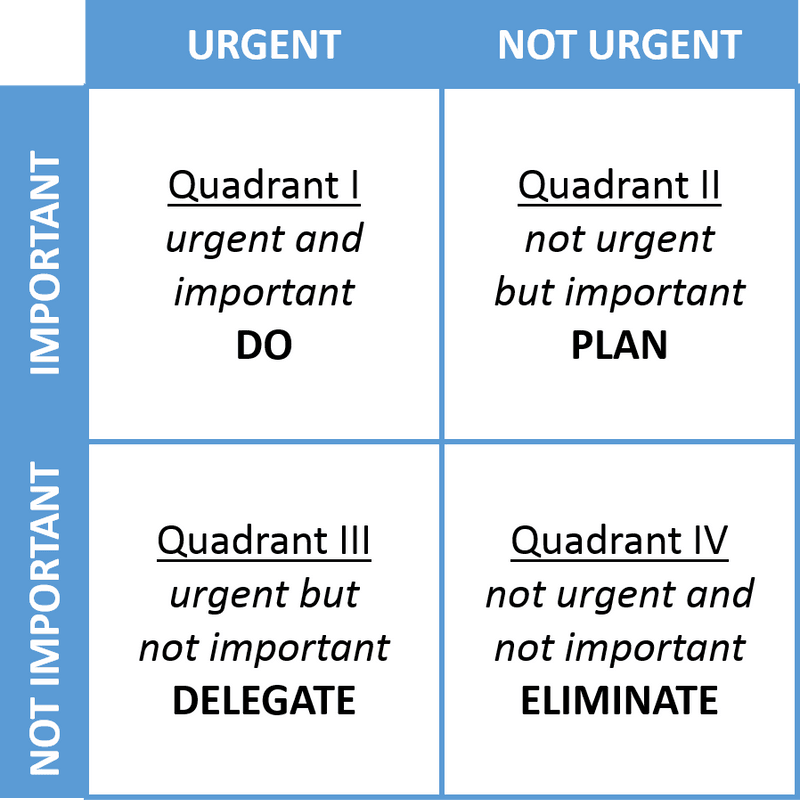The Ultimate Framework Of Time Management For Kids
The Ultimate Framework Of Time Management For Kids
Don’t worry! We will cover time management strategies for students and everything in between to debunk and paint a clear picture of time management for kids and how parents can help them reach their time management goals.
We all have heard about successful individuals and their super-organized time management strategies. What sets them apart from regular people? We get 24 hours a day, irrespective of our victories. So, how come some folks manage it better than others? Parents worry about their kids for not being punctual or keeping everything until the last minute. Meanwhile, kids feel they need help managing and scheduling their time. That’s where time management for kids kicks in.
First of all, before we move ahead, let us try to understand time management strategies for students and why they are important.

What is time management for kids?
It is the ability to know how to manage time from an early age. Time management for kids is a very important aspect to look into especially during their growing years. Mastering this skill will eventually set them up for success.

A skill that helps individuals be more disciplined with planning and controlling time towards any task helps generate optimum results with the highest efficiency.
Because…
Pew Research shows that 60% of students say spending too much time on their screens is a major problem. As we can see there’s no clear distinction between leisure time and productivity. That’s why time management strategies for students is so important.
Time Management Tips for Kids
Don't overbook your children's schedules.
One of the most common mistakes parents make is ensuring their children engage in every after-school activity. We end up overscheduling the whole family, and our week is jam-packed.
Don't overbook your children for the sake of the entire family. Instead of properly learning how to manage their time, they experience a constant state of go, go, go, which leaves them yearning for a few minutes of leisure. Learning effective time management for kids is key. Overscheduling gets their and your clocks out of whack. Avoid it as much as possible so that you may all improve your time management strategies for students.
Demonstrate to your children how to manage time.
Even children who can tell the time do not always know how to measure it. To assist them, set a timer during a block of time when they're meant to be doing a task. Keep a clock nearby and offer them a vocal countdown as the minutes pass so they can get a sense of how long these chunks are. You're not aiming to instill the habit of keeping time in your children. Your goal is to simply assist them in grasping the concept of an hour.

Time Management Tips for Children in Grades K to 2
Explaining kids with examples
Make the repercussions of your actions apparent. Those outcomes can occur organically (for example, if she doesn't study her spelling words, she won't perform well on the test); other times, an adult must create the consequences. Carper uses a pie-like visual timer on her Smartboard to help her first-graders understand how much time is left to accomplish a task. For example, one-quarter of the "pie" turns green when she sets it for 15 minutes. The slice gets smaller as the seconds pass, and it turns red when only five minutes remain. She argues that seeing time slip away might help children pace themselves.
Make a timetable
Create charts of your child's morning and nighttime habits because little children thrive on patterns and repetition. While these 3- and 4-year-olds can't tell you what time snacks are served, they know it's after circle time and before the restroom break. "It provides them a sense of comforting order and regularity," explains Dietrick. Using time management strategies for students can also help children adapt to routines, giving them a sense of structure throughout the day.

Instill the habit of planning in your children
Make it a habit to wait. "At its most fundamental level, time management for kids is the ability to delay gratification," says Dietrick, a skill connected to better study habits and grades, among other things. Dietrick creates situations in which her students must wait for something they desire to improve their time management strategies for students. As the occasion approaches, we mark the days off the calendar and build up the enthusiasm." This offers them a sense of what it's like to put things off — and a pleasant memory to go along with it."
Time Management for Children in Grades 3 to 5
Work on their time estimation skills
"You need a clear sense of how long things take to construct a realistic timetable," says Marcia Grosswald, an upper-elementary resource teacher in Summit, NJ. Grosswald teaches this important ability by having her kids plan their after-school activities for a few minutes after the day.

Consider rewarding your kids!
Yes, you can give your children incentives for good time management, and these incentives can be powerful motivators. Rewards can be given on a daily or weekly basis, and you should decide on them as a family. Make your prizes as unique as possible. You can certainly choose to reward your children with time spent playing a video game. Make it a family award even better. Following that study regimen for a week may equal a family movie night. The goal is to turn those time management bonuses into quality time spent with your family.
This will help foster time management for kids and make learning the value of time a fun and engaging experience.
Set goals and prioritize
When the kids are getting along so well, allowing them a few more minutes of playtime is tempting. Or there are days when you want the kids to spend more time studying, even though your time management plan dictates that they begin getting ready for bed at 6:00 p.m.
Stay on task, especially if your children are only learning time management for kids. When the timer goes off, regardless of how invested they are in the present work, move on to the next item on your list. Deviating from the timetable might confuse children, even for only a few minutes. Stick to your routine, especially in the early days and weeks after you've learned how to manage your time using effective time management strategies for students.
Other Helpful Tips for Kids
Tip 1: Prioritizing
Have you heard of the four quadrants of action? No worries; this tip will help you prioritise actions according to urgency and importance.
The Wikipedia page of the book First Things First proposed the Decision Matrix: Importance vs. Urgency.
In this, kids can learn the importance of time management and parents can guide them to identify their priorities.
Tip 2: Assigning
The next thing is assigning tasks in those quadrants. Let’s practice with an example. The following are set of tasks carried out by an individual throughout the day.
Last date of electricity payment
Cooking dinner
Learning a new language
Work hours
Now, let us have some fun assigning them to their respective quadrant according to tip #1.
After you wake up and finish your morning routine, what is the next thing you will follow up with from the task mentioned above?
Quadrant I: Pay the electricity bill
Quadrant II: Work hours
Quadrant III: Cooking dinner
Quadrant IV: Learning a new language
As kids are impressionable and learn from watching their parents. So, inculcating such habits from an early age and help them to better manage their time for now as well for the future. Work is already half done when you know how to manage it.
Tip 3: Scheduling
Have tasks been assigned? Great! Now, let’s schedule them, meaning we will designate time blocks for each task so they don’t overlap or create confusion. This step gets easier because we have already divided them according to our need for action.
Parents can schedule for their kids and show them real-life results as to how easily one can achieve a lot in just 24 hours.
Tip 4: Syncing
Last but not least, sync. After doing all the work, all the hard work is gone if you are not notified about it!
In this day and age, it’s super convenient to sync everything from when you wake up till when you go to bed.
Utilize it. This will keep you informed and you get your work done.
Tip 5: Have Fun!
Time management strategies for students are only fun when you get to enjoy it. Don’t overdo it because you’ll probably not make anything count at the end of the day. So, don’t stress; time management is a skill, and habits build skills and require discipline. This is why it is best when you start as early as possible.
Just enjoy the process, and you will soon acquire it and master it.

Conclusion
I hope this sheds some light on how to acquire time management skills for both kids and parents.
“The earlier you start the better it gets.”
Tell us your experience on how you manage your time.
And if you have enjoyed it so far, visit us at Codeyoung. More information about Codeyoung; Codeyoung offers a fun and engaging learning environment for kids to learn Scratch, as well as several other advantages.
Students in grades 1 to 9 can learn SCRATCH and other programming languages.
STEM.ORG Certified STEM Accreditation: STEM.ORG accredits STEM-aligned courses that teach kids how to code.
Peer-to-peer learning is available in a variety of forms: This technique allows students to pass on their expertise to their peers, ending in a children's coding class.
It gives children the opportunity to communicate with people from more than ten different countries through an interactive platform.
Frequently Asked Questions
How do I teach my child time management?
One or two weeks before school starts, ease your children back into a regular sleep schedule. Make a checklist for your child's daily routine. Making a calendar is also one of the simplest ways to teach dates, times, and scheduling to young children.
What are the 7 time management skills?
These time management suggestions can help you organize your day and operate more efficiently.
- Determining the importance of urgent jobs
- Setting objectives
- Workflow auditing and improvement
- Notification filtering
- Setting realistic deadlines
- Keeping track of delegations
- Staffing schedules
Is time management important for kids?
Academic achievement depends on punctuality and time management for kids. Students must manage their time well since it helps them prioritise their work. Proper time management can help a student organise his exam preparation and pass the exams well.
What are 5 time management strategies?
- Planning ahead of time to be prepared
- Prioritize your tasks.
- Understand the Role of Energy in Productivity
- Learn to Say No
- Overcome Procrastination.
Comments
Your comment has been submitted